
Officers
President
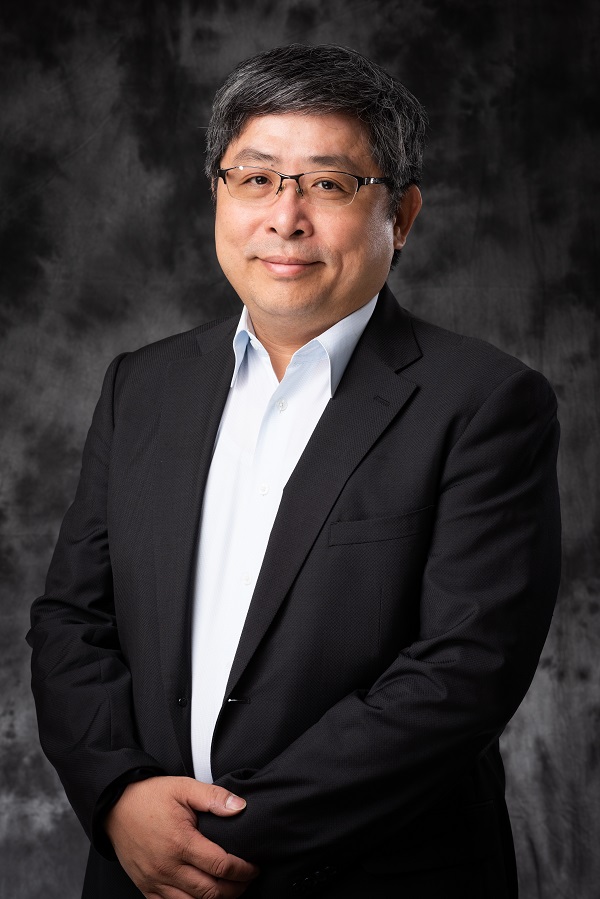
Wen-Hua Kuo
National Yang Ming Chiao Tung University
Wen-Hua Kuo is a professor at the National Yang Ming Chiao Tung University, Taiwan, where he teaches social studies of medicine. A certified physician of family medicine, he received his professional training and master’s degree in the history of science in Taiwan, and his PhD in STS from MIT. His work centers on pharmaceutical regulation and its social impacts in the East Asian context, East Asian medicines' endeavors to modernize and to be used globally, and, more recently, the changing practices of care and the caring professions. His scholarly publications appear in a range of journals crossing several disciplines and in books addressing transnational STS issues, including Lively Capital: Biotechnologies, Ethics, and Governance in Global Markets (2012), Global Health and the New World Order: Historical and Anthropological Approaches to a Changing Regime of Governance (2020), and Decentralizing Knowledges: Essays on Distributed Agencies (forthcoming). Besides working on several other key STS journals, his editorial experience includes editor in chief of East Asian Science, Technology and Society: An International Journal (EASTS), from 2016 to 2022, and associate editor of Social Studies of Science since 2023. An active member of 4S since 2006, he served as its council member from 2012 to 2015 and later a member of several prize committees before being elected as the president.
Secretary
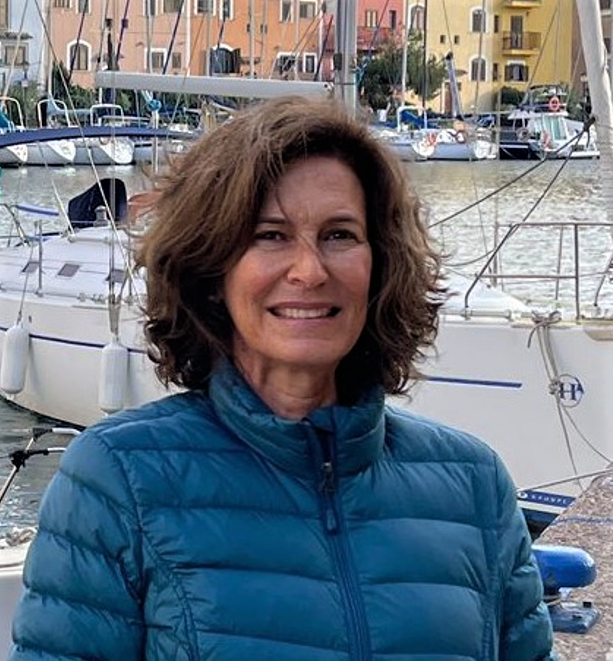
Noela Invernizzi
University of Paraná
Noela Invernizzi is a Full Professor at the Education School and the Public Policy Graduate Program of the Federal University of Paraná, in Curitiba, Brazil. She earned a bachelor’s degree in Anthropology (Universidad de la República, Uruguay) and a Master's and PhD in Science and Technology Policy (Universidade Estadual de Campinas, Brazil). She was a post-doctoral researcher at the Consortium for Science, Policy and Outcomes, at the time at Columbia University, USA, a professor at the Development Studies Program at Zacatecas Autonomous University, Mexico, and a fellow at the Science, Technology and Innovation Program of the Woodrow Wilson International Center for Scholars, USA. Her research has focused on the effects of industrial innovation on workers’ skills and employment; science, technology, and innovation policies in developing countries; the development of nanotechnology in Latin America; and policies for science evaluation. She is currently researching on the effects of science internationalization and evaluation policies on the configuration of the STS field in Latin America. She has published several articles and book chapters on these subjects in Spanish, Portuguese and English. She was the President of ESOCITE, the Latin American Association for Social Studies of Science (2018-2021) and has been part of the governing council of other scientific associations such as SNET-Society for the Study of Emerging Technologies, 4S-Society for Social Studies of Science, and ESOCITE BR-Brazilian Association for Social Studies of Sciences and Technologies. She is currently Associate Editor of Engaging Science, Technology and Society (ESTS).
Treasurer
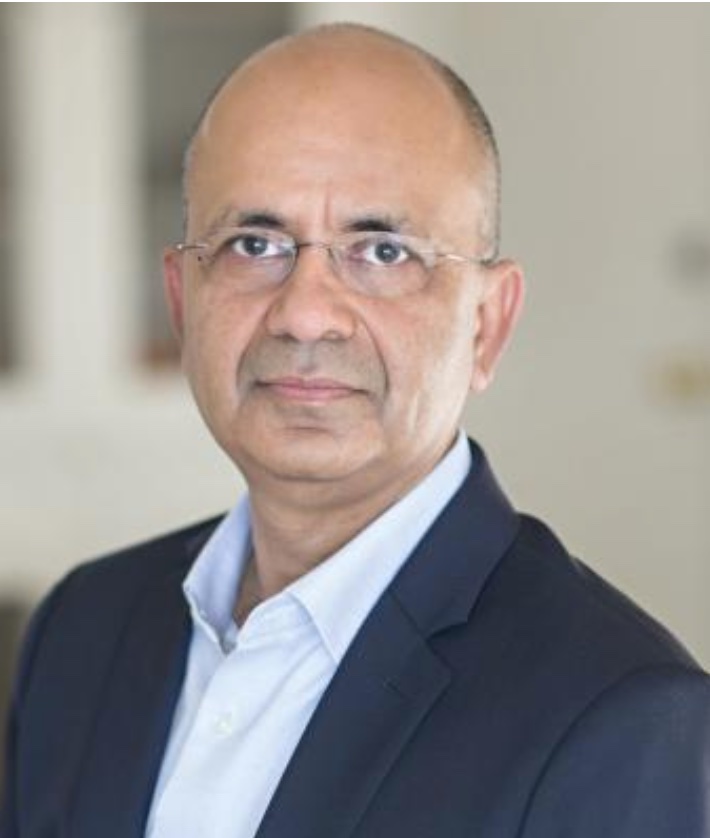
Amit Prasad
Georgia Institute of Technology
Amit Prasad teaches in the School of History and Sociology at Georgia Institute of Technology. Previously, he taught in the Department of Sociology at University of Missouri-Columbia and was the Director of the South Asia Studies Program. His research focuses on post/de-colonial, transnational, and global aspects of science, technology, and medicine. An important concern for him is how coloniality – expressed through values, norms, linguistic tropes, ideologies, etc. – continue to animate the present, including our own field. His research has been funded by the National Science Foundation, National Institutes of Health, American Institute of Indian Studies, among others and he has published in a number of journals, including Social Studies of Science, Science, Technology & Human Values, Theory, Culture, and Society, Technology & Culture, Cultural Geographies. He is the author of Imperial Technoscience: Transnational Histories of MRI in the United States, Britain, and India (MIT) and Science Studies Meets Colonialism (Polity). Presently, he is writing a book on his decade long study of a stem cell therapy clinic in India that is tentatively titled Globalization in a Laboratory. He is also an editor of the journal Science, Technology & Society (Sage).
Executive Director
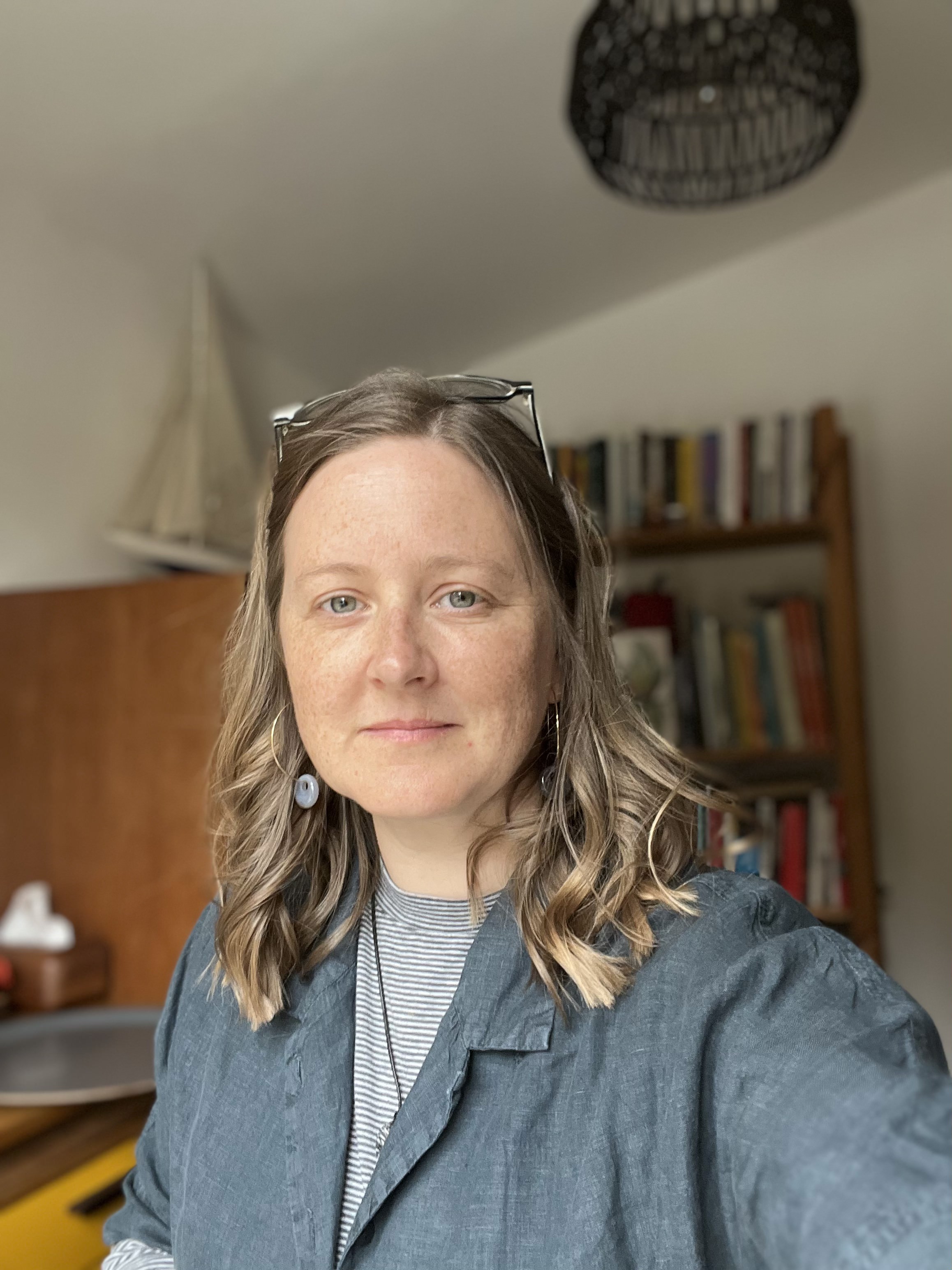
Amanda Windle
Amanda Windle is a digital STS design researcher with 16 years of research and teaching experience. Amanda is known to many in 4S for her past work as editor for Backchannels, Managing Editor of Engaging Science and Technology Studies (ESTS), and 4S Council member. She has also written for New Statesman Tech and assisted the editors-in-chief and curator at Interactions magazine, ACM (Association for Computing Machinery). Windle is a representative of the CEO group for the American Council for Learned Societies (ACLS). Her experience with non-profits includes her recent role as Chair of the Simon Community London, a charity for the homeless and rootless. Windle is pursuing a pluralist training in psychotherapy in attachment and trauma. Currently she is completing a two-year infant observation at the British Psychotherapy Foundation (BPF). Windle has volunteered
as a befriender, deep listener, and helpliner. Her PhD was entitled Territorial Violence and Design, 1950–2010: A Human-Computer Study of Personal Space and Chatbot Interaction and she is the author of A Companion of Feminisms for Digital Design and Spherology. 4S appointed Windle as its first Managing Director (now Executive Director) with a Selection Panel consisting of Wiebe Bijker, Alan Irwin, Emma Kowal, Knut H. Sørensen, Hebe Vessuri, Vivian Choi and Aneesh Aneesh.
Digital Website Coordinator
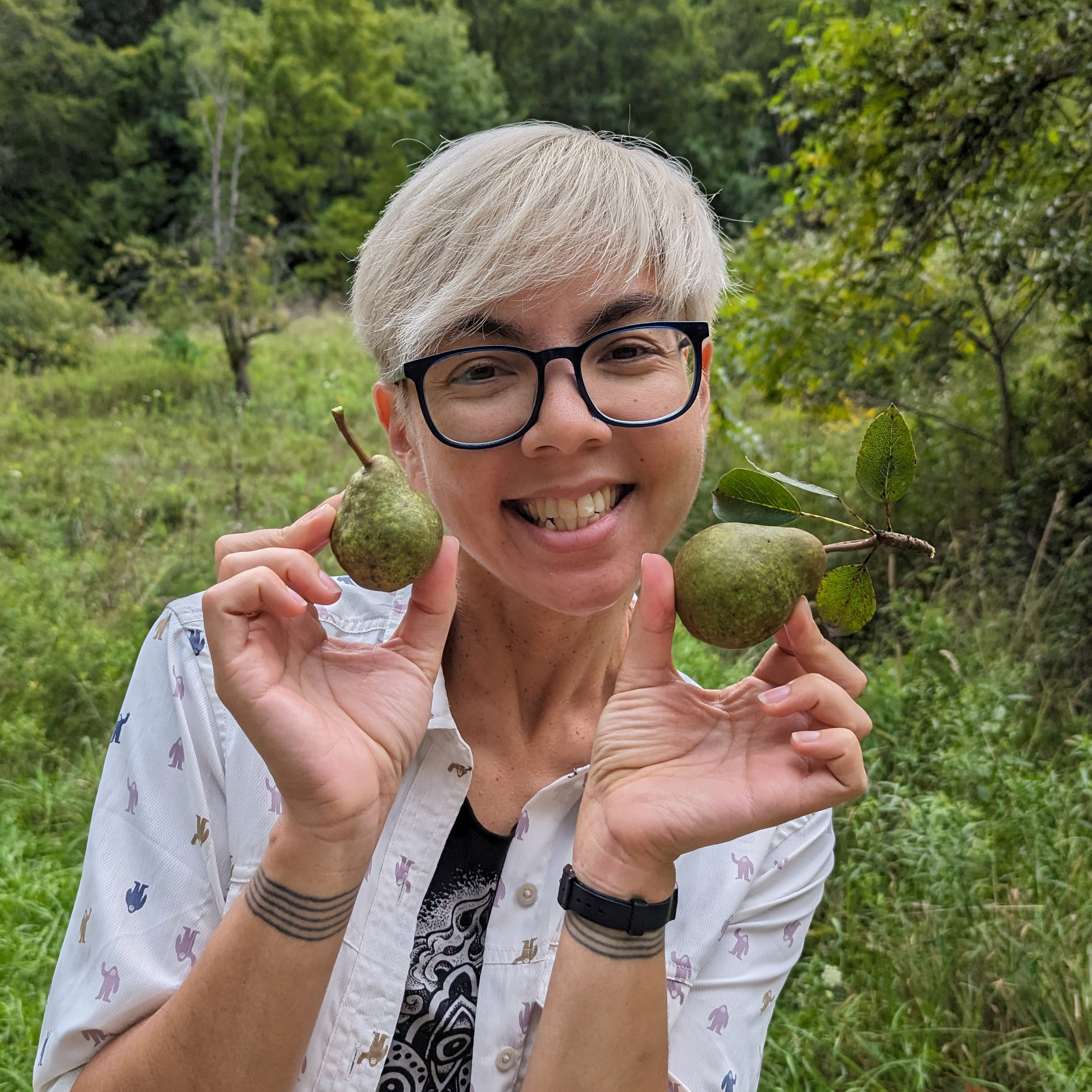
Mel S. Armstrong
Mel Armstrong is an independent artist, scholar, and educator living and working in so-called Canada. Their research and teaching bridges neuroscience and art through critical feminist, decolonial, and trans/queer STS inquiry, methodologically combining primary data, secondary sources, autotheory, and materially embodied modes of affected intervention. By intersecting their previous scientific practices with humanities and arts frameworks, they develop methodologies that refuse the exclusion and extraction of science within the neoliberal academy, analyzing technoscience through critical making practices. Their neuroscientific research has been supported by the NIH, writing published in The Ex-Puritan and the Journal of Comparative Neurology, and programming code published with rOpenSci. Objects and animations from their PhD have been shown in galleries and film festivals in British Columbia and Ontario: previous artwork has been exhibited in the US, France, and South Korea. They are working on a book project tentatively titled Materializing the conditions of scientific knowledge production that dissects academic scientific practice, demands and describes other ways of thinking, working, and being in the sciences, and demonstrates what is possible when science is freed from capital and colonial instrumental goals and instead embraces ambiguity and multiplicity.
Term Expires, Fall 2026

Amit Prasad
Georgia Institute of Technology
Amit Prasad teaches in the School of History and Sociology at Georgia Institute of Technology. Previously, he taught in the Department of Sociology at University of Missouri-Columbia and was the Director of the South Asia Studies Program. His research focuses on post/de-colonial, transnational, and global aspects of science, technology, and medicine. An important concern for him is how coloniality – expressed through values, norms, linguistic tropes, ideologies, etc. – continue to animate the present, including our own field. His research has been funded by the National Science Foundation, National Institutes of Health, American Institute of Indian Studies, among others and he has published in a number of journals, including Social Studies of Science, Science, Technology & Human Values, Theory, Culture, and Society, Technology & Culture, Cultural Geographies. He is the author of Imperial Technoscience: Transnational Histories of MRI in the United States, Britain, and India (MIT) and Science Studies Meets Colonialism (Polity). Presently, he is writing a book on his decade long study of a stem cell therapy clinic in India that is tentatively titled Globalization in a Laboratory. He is also an editor of the journal Science, Technology & Society (Sage).
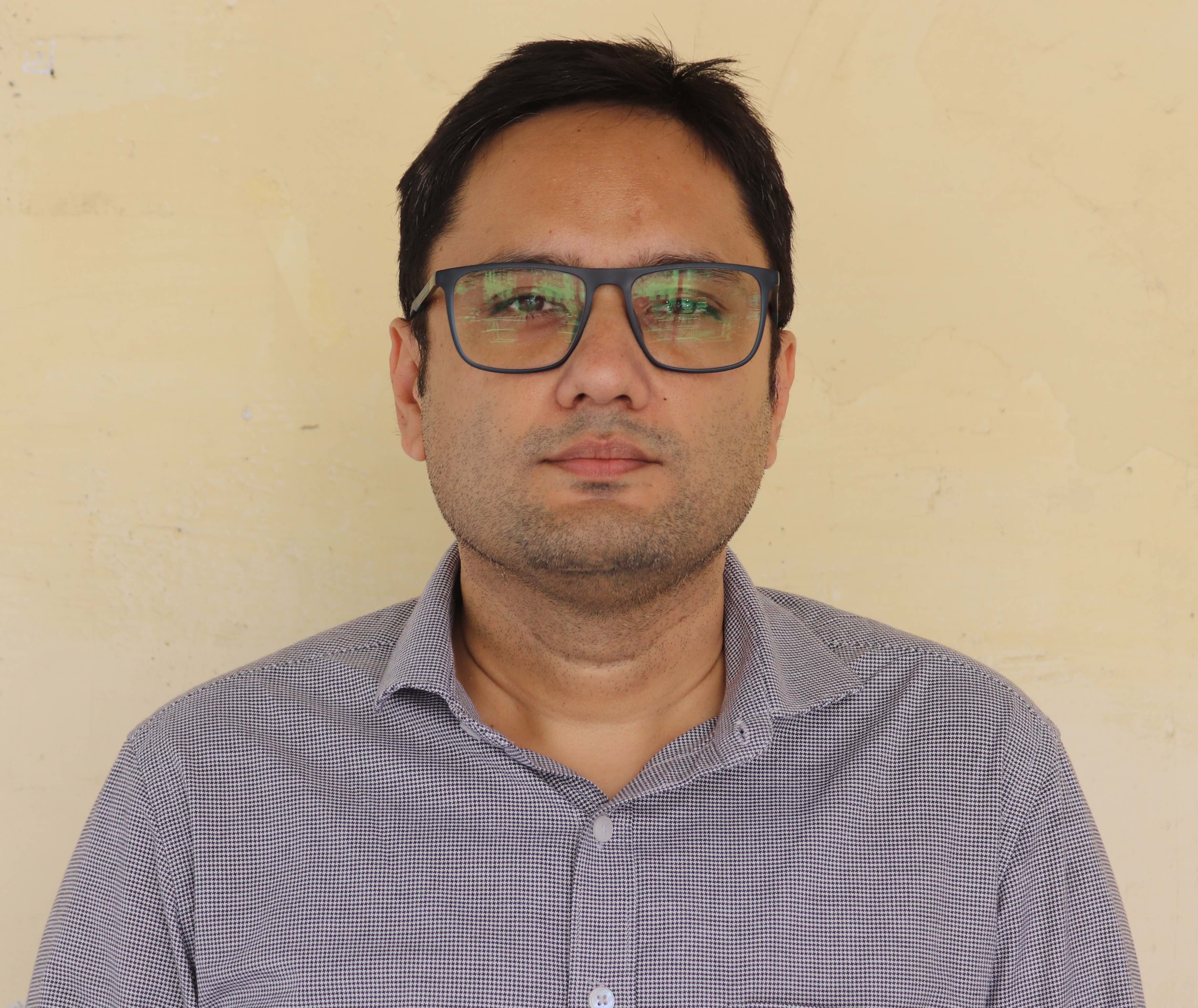
Rohit Negi
Indian Institute of Management, Calcutta
Rohit Negi is an Associate Professor of Public Policy and Management at IIM-Calcutta. Trained as an Urban Planner and Geographer, Rohit’s interests are at the interface of urbanization, environmental change, and STS. Rohit has researched subterranean, built, and atmospheric urban processes in Southern Africa and India. His recent work is on the technosciences, politics, and representations of air pollution in the Delhi region. Apart from academic publications, including the co-authored ‘Atmosphere of Collaboration’ (Routledge), this work has led to meaningful engagement with the regional scientific community as well as Delhi-based artists. Before moving to IIM, Rohit led the design of new programs in Urban Studies at Ambedkar University Delhi, from undergraduate to doctoral studies, that are fairly unique in the Indian academic space both in terms of their content and pedagogical approach, bringing together elements from design and humanities education. Rohit has served on the 4S Fleck Prize Committee (2024), 4S Carson Prize Committee (2019) and was a faculty mentor to the 6S Sketch Group Program (2022).
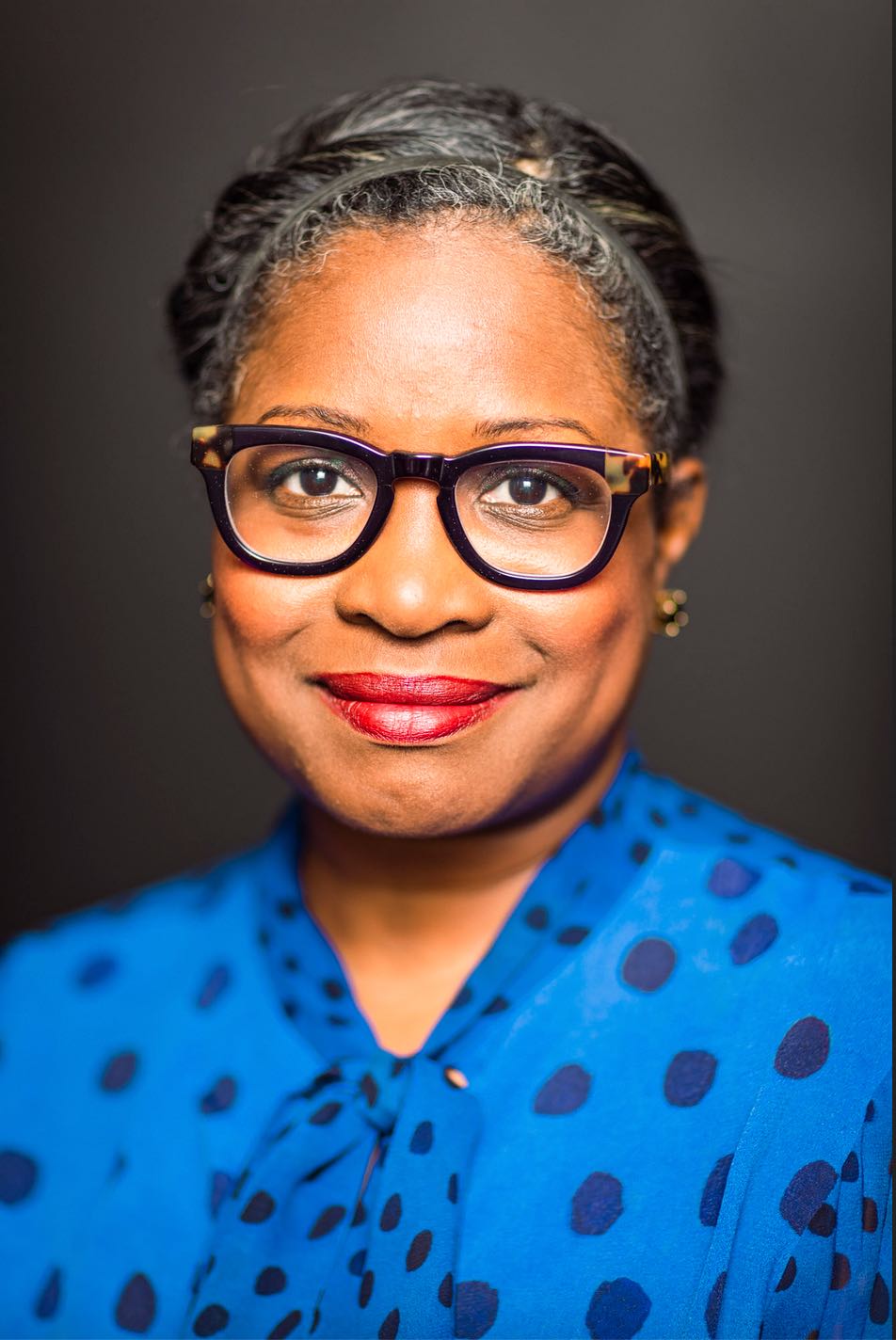
Melissa Creary
University of Michigan
Melissa Creary, PhD, MPH is an Assistant Professor in the Department of Health Management and Policy in the School of Public Health, University of Michigan. She is also Senior Advisor of Public Health, Policy, and Equity at the American Thrombosis and Hemostasis Network (ATHN) and Associate Director of Anti-Racism for Michigan Social Health Interventions to Eliminate Disparities (MSHIELD) at Michigan Medicine. She received her PhD in Interdisciplinary Studies (focusing on Health, History, and Culture) at the Graduate Institute for the Liberal Arts (ILA) and Masters in Public Health at Emory University. Over a nine-year career at the Centers for Disease Control and Prevention in the Division of Blood Disorders, she helped create and lead the first national program and data collection system for sickle cell disease (SCD) at the agency.

Monamie Bhadra Haines
Virginia Tech
Monamie Bhadra Haines is an Assistant Professor in the Department of Science, Technology, and Society at Virginia Tech. Before coming to Virginia Tech, she spent two years as an assistant professor in STS at the Technical University of Denmark in Copenhagen, and three years as an assistant professor in Global STS Nanyang Technological University in Singapore. Monamie’s internationally comparative work examines technopolitics, activism and how they might illuminate the workings of nonliberal democracy in the areas of energy transitions and pandemic management in the so-called Global South. She also pursues comparative research on pedagogical practices in European engineering education. The broad intellectual umbrella encompassing these different research interests is interrogating the linkages between the politics of knowledge and power in postcolonial contexts by exploring how nonstate actors (e.g. activists, migrants, social entrepreneurs) engage in technopolitics and collective governance. She is currently completing her book project, Democratic Reactors: Nuclear Power, Dissent, and Experiments with Credibility in India.
Term Expires, Fall 2027
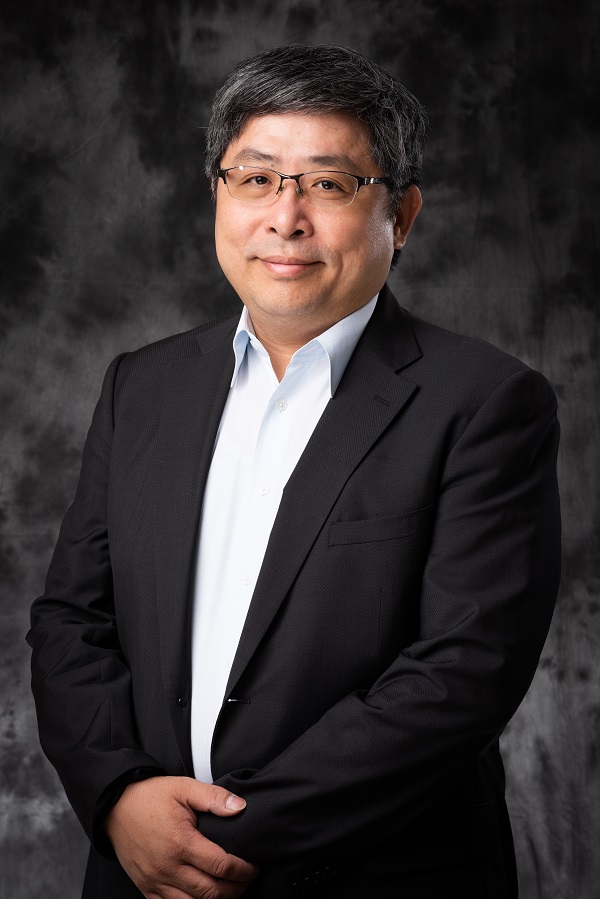
Wen-Hua Kuo
National Yang Ming Chiao Tung University
Wen-Hua Kuo is a professor at the National Yang Ming Chiao Tung University, Taiwan, where he teaches social studies of medicine. A certified physician of family medicine, he received his professional training and master’s degree in the history of science in Taiwan, and his PhD in STS from MIT. His work centers on pharmaceutical regulation and its social impacts in the East Asian context, East Asian medicines' endeavors to modernize and to be used globally, and, more recently, the changing practices of care and the caring professions. His scholarly publications appear in a range of journals crossing several disciplines and in books addressing transnational STS issues, including Lively Capital: Biotechnologies, Ethics, and Governance in Global Markets (2012), Global Health and the New World Order: Historical and Anthropological Approaches to a Changing Regime of Governance (2020), and Decentralizing Knowledges: Essays on Distributed Agencies (forthcoming). Besides working on several other key STS journals, his editorial experience includes editor in chief of East Asian Science, Technology and Society: An International Journal (EASTS), from 2016 to 2022, and associate editor of Social Studies of Science since 2023. An active member of 4S since 2006, he served as its council member from 2012 to 2015 and later a member of several prize committees before being elected as the president.

Noela Invernizzi
University of Paraná
Noela Invernizzi is a Full Professor at the Education School and the Public Policy Graduate Program of the Federal University of Paraná, in Curitiba, Brazil. She earned a bachelor’s degree in Anthropology (Universidad de la República, Uruguay) and a Master's and PhD in Science and Technology Policy (Universidade Estadual de Campinas, Brazil). She was a post-doctoral researcher at the Consortium for Science, Policy and Outcomes, at the time at Columbia University, USA, a professor at the Development Studies Program at Zacatecas Autonomous University, Mexico, and a fellow at the Science, Technology and Innovation Program of the Woodrow Wilson International Center for Scholars, USA. Her research has focused on the effects of industrial innovation on workers’ skills and employment; science, technology, and innovation policies in developing countries; the development of nanotechnology in Latin America; and policies for science evaluation. She is currently researching on the effects of science internationalization and evaluation policies on the configuration of the STS field in Latin America. She has published several articles and book chapters on these subjects in Spanish, Portuguese and English. She was the President of ESOCITE, the Latin American Association for Social Studies of Science (2018-2021) and has been part of the governing council of other scientific associations such as SNET-Society for the Study of Emerging Technologies, 4S-Society for Social Studies of Science, and ESOCITE BR-Brazilian Association for Social Studies of Sciences and Technologies. She is currently Associate Editor of Engaging Science, Technology and Society (ESTS).
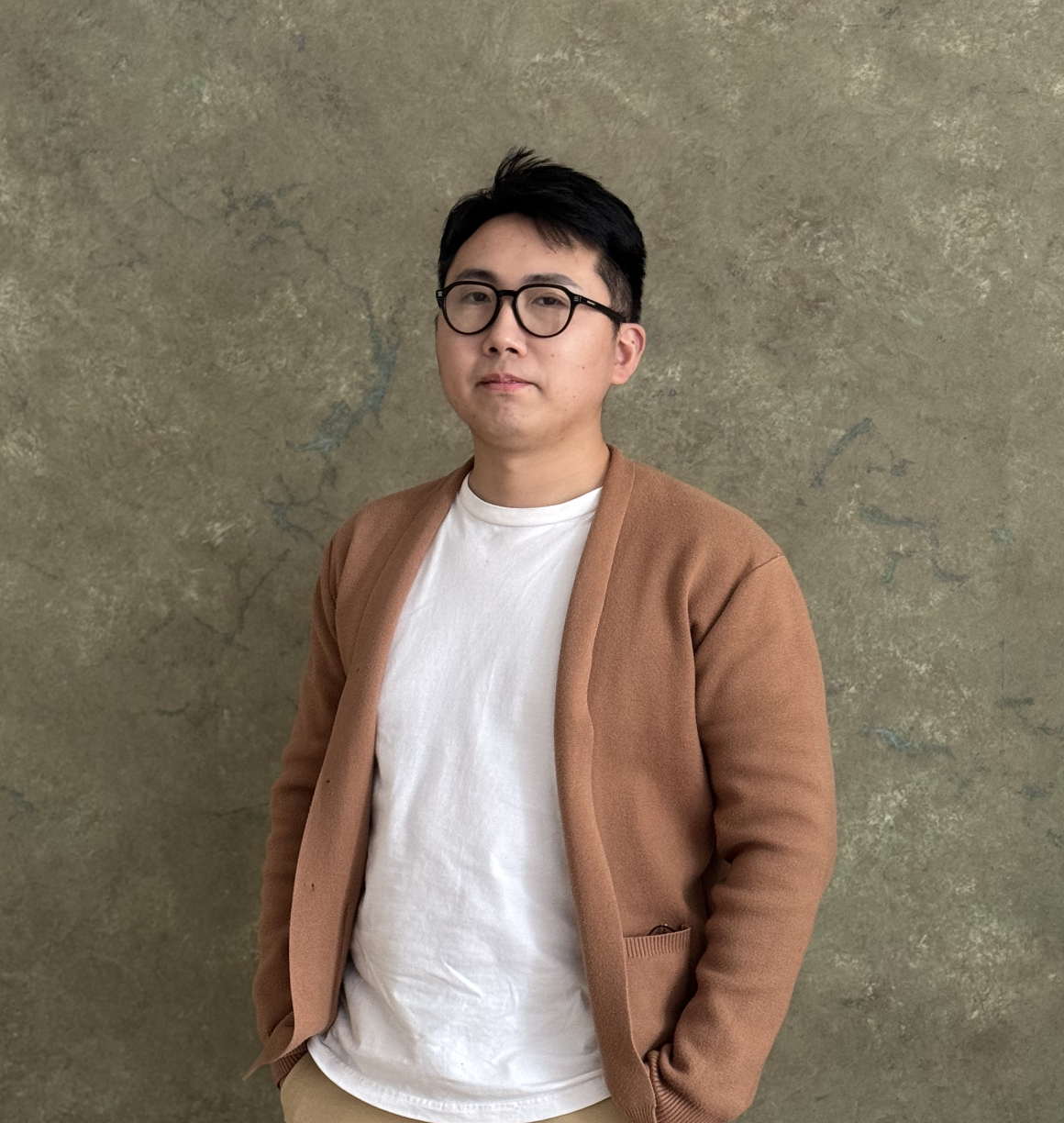
Yichen Rao
Utrecht University
Yichen Rao is an Assistant Professor of Cultural Anthropology at Utrecht University. Holding a Ph.D. in Anthropology and STS from The University of Hong Kong, Rao explores the unintended impacts of digital techno-fetishism in games, fintech, and infrastructure on human society. His work is grounded in extensive ethnographic fieldwork, particularly focusing on treatment camps for "internet addicts" and the uncovering of digital Ponzi schemes disguised as fintech platforms, shedding light on ideological conflicts and social issues and facilitating a critical examination of STS concepts and theories. His academic journey includes roles as a Postdoc Research Associate in Comparative Media Studies at MIT, a Postdoc Research Fellow in Chinese Studies at the University of Michigan, and an Ernst Mach Fellow in Anthropology at the University of Vienna.
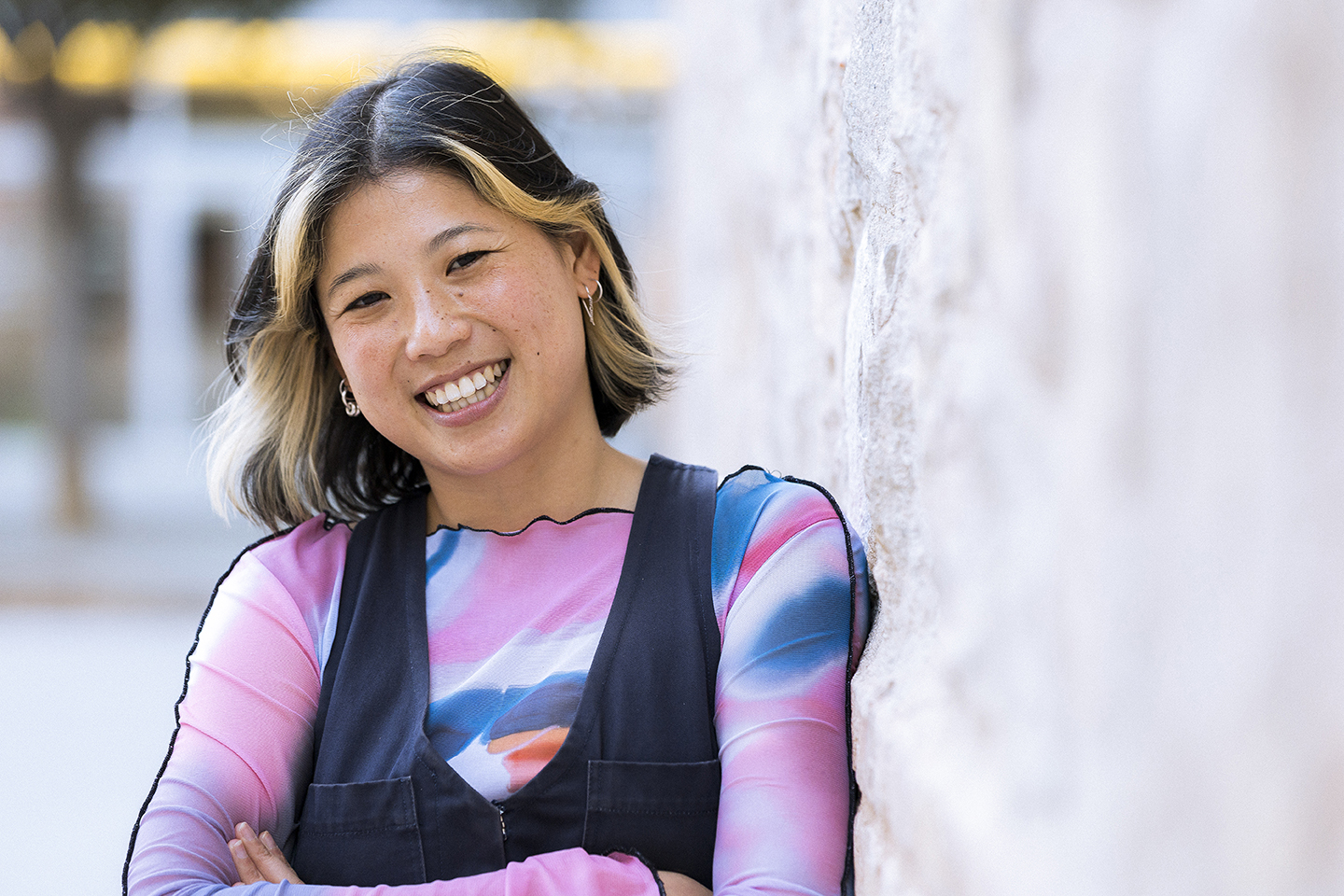
Thao Phan
Australian National University's Research School
Thao Phan is a feminist science and technology studies (STS) researcher who specialises in the study of gender and race in algorithmic culture. She is a Research Fellow in the Australian Research Council's Centre of Excellence for Automated Decision-Making & Society and the Emerging Technologies Research Lab at Monash University, Australia. In October 2024, she will be joining the Australian National University's Research School for Social Sciences as a Lecturer in Sociology (STS). Thao has published on topics including whiteness and the aesthetics of AI, big-data-driven techniques of racial classification, and the commercial capture of AI ethics research. She is the co-editor of the volumes An Anthropogenic Table of Elements (University of Toronto Press) and Economies of Virtue: The Circulation of 'Ethics' in AI (Institute of Network Cultures), and her writing appears in journals such as Big Data & Society, Catalyst: Feminism, Theory, Technosocience, Science as Culture, and Cultural Studies. She is a member of the Australian Academy of Science’s National Committee for the History and Philosophy of Science and is the co-founder of AusSTS—Australia’s largest network of STS scholars.
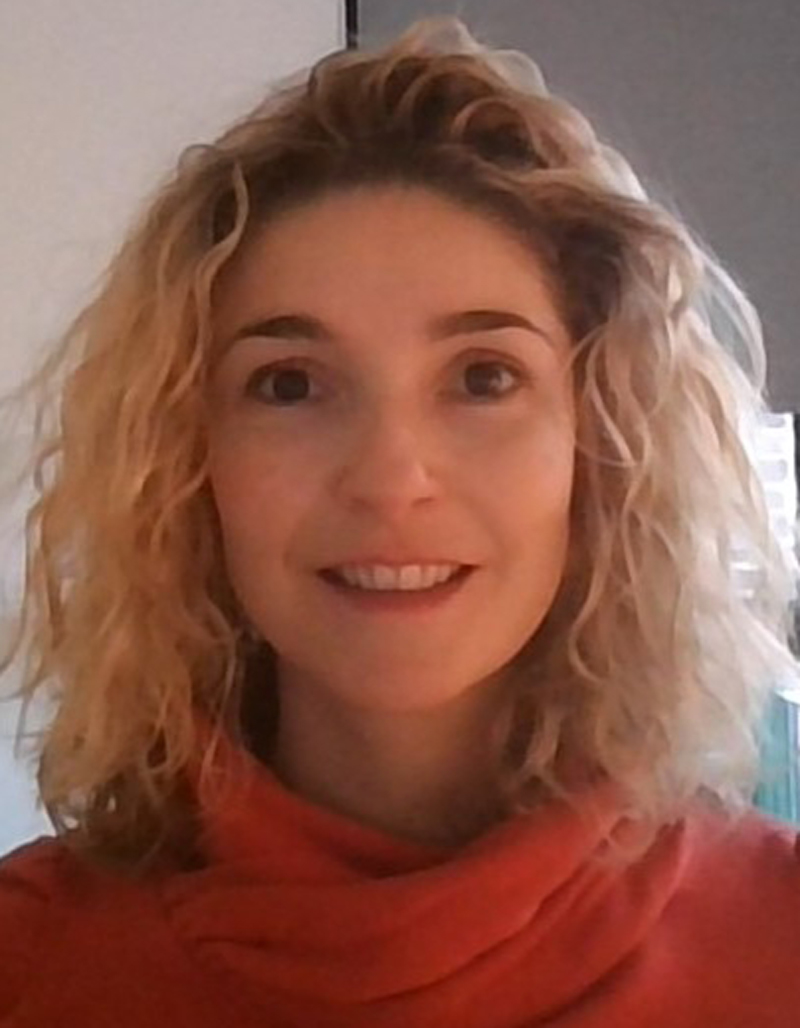
Cathy Herbrand
De Montfort University
Cathy Herbrand is a Professor of Medical and Family Sociology and the Deputy Director of the Centre for Reproduction Research at De Montfort University (UK). She received a PhD in Sociology from the Université libre de Bruxelles and visited, as a Postdoctoral Researcher funded by the Belgian Scientific Research Funds (FNRS), the Social Science, Health and Medicine Department at King’s College London, the BIOS Research Centre at London School of Economics and the Department of Sociology at the University of Ottawa. Cathy is also a member of the Belgian Advisory Committee on Bioethics since 2014, an Associate Editor for the journal Reproduction and Fertility and a member of the editorial board of Sociology, the flagship journal of the British Sociological Association. She convened the Human Reproduction Study Group of the British Sociological Association between 2016 and 2023.
Her research interests lie in the sociological and anthropological study of new family forms, reproduction, biotechnologies and genetics. She has produced pioneering work on the social implications of reproductive and genetic healthcare technologies, with a focus on two main areas: 1) the interactions between scientific progress, policies and patients’ lives, including in the context of mitochondrial disorders, egg donation and expanded carrier screening; 2) the transformations of family norms and regulations arising from the development of lesbian and gay parenting. She is currently leading an ESRC-funded project on the implications of new preconception reproductive genomic testing in the UK. Her publications have appeared in journals such as Social Science & Medicine, Sociology of Health and Illness, BioSocieties, Anthropology and Medicine, Bioethics, and Journal of Medical Law and Ethics.
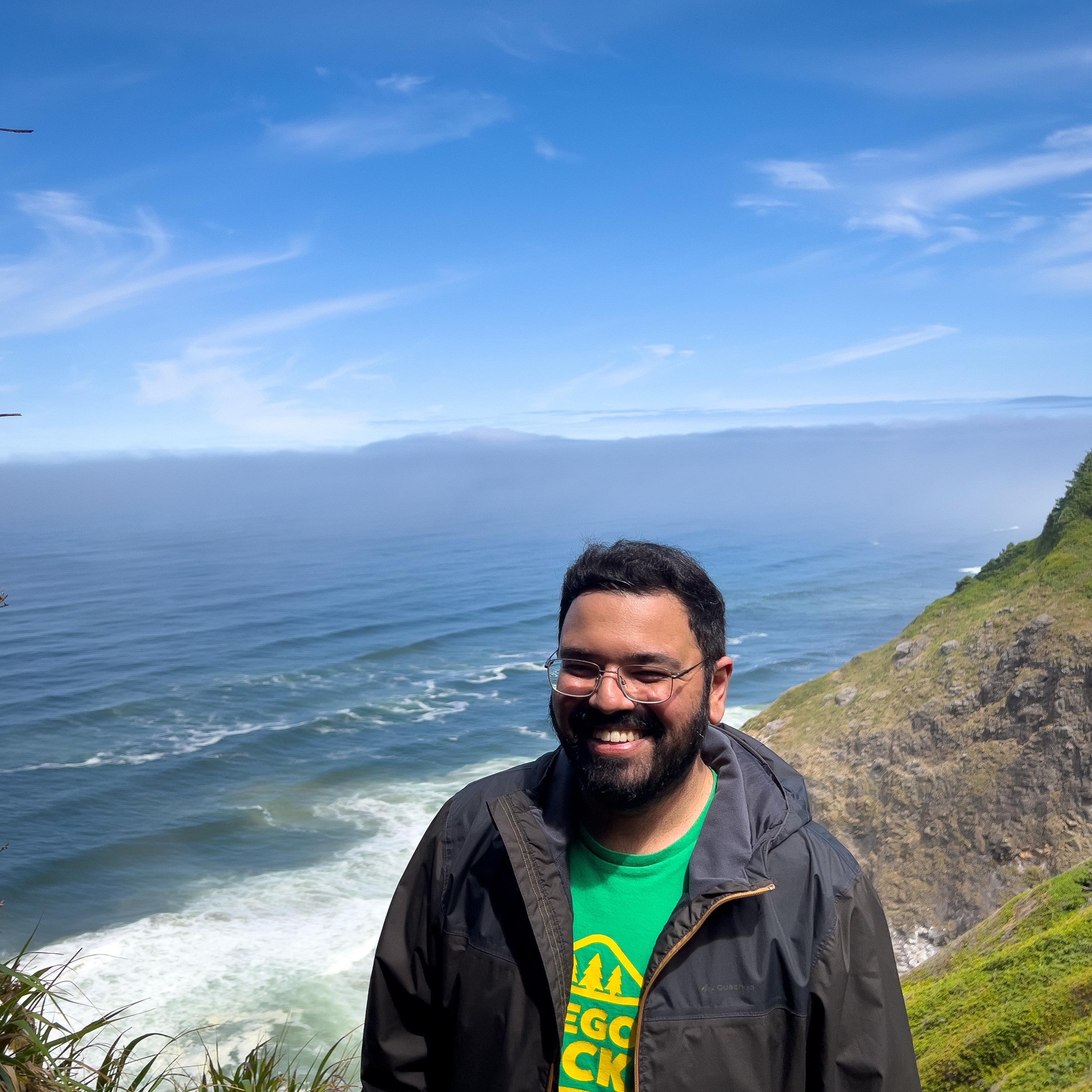
Shiv Issar
Nazareth University
Shiv Issar is an Assistant Professor in the Department of Sociology and Anthropology at Nazareth University in Rochester, NY. A Sociologist from the Global South, he specializes in the study and teaching of Science and Technology Studies (STS) at the intersections of gender, race, new media, labor, transnationalism, and the environment. His work has been published in the International Journal of Human-Computer Interaction, Sociology Compass, the Journal of Gaming & Virtual Worlds, the American Sociological Association’s (ASA) TRAILS Library, Teaching Sociology, and Science, Technology & Society.
Shiv has previously served as the Digital Projects Coordinator for 4S (2022-24), as an Associate Editor for Backchannels, and has also consulted for 4S’ Executive Committee on Digital Infrastructure and assisted with the internal auditing and reporting. Outside of 4S, he has also served a two-year term as an elected board member on the Society for the Study of Study of Social Problems’ (SSSP) Board of Directors. His ongoing book project builds on his dissertation, which focused on the recreational and professional uses of civilian drones, or unmanned aerial vehicles (UAVs).
Term Expires, Fall 2028

Martín Pérez Comisso
Universidad de Chile
Martín Pérez Comisso is a researcher and lecturer at the Universidad de Chile, where he serves as Coordinator of Interdisciplinary and Transdisciplinary Initiatives in the School of Chemical and Pharmaceutical Sciences. He also participates as an external collaborator in the Master's in Science and Technology Studies at the Universidad Alberto Hurtado, the only STS-centered program in Chile. Martín has taught at various institutions in Chile, the US, Mexico, and Spain for over a decade, instructing students in undergraduate and graduate programs. He explores the intersection of science, technology, and society, with a focus on Latin America.
Martín holds a Ph.D. in the Human and Social Dimensions of Science and Technology from Arizona State University and an M.Sc. in Chemistry from the University of Chile. His research explores Latin American futurisms, sociotechnical governance and critical technoscientific pedagogies. He has published in English, Spanish, and Portuguese in journals such as Techné, Journal of Responsible Innovation, and World Futures Review. Martín has been actively engaged in public engagement and science policy, currently serving as President of Wikimedia Chile (2024-26). A long-time member of 4S, he has received the Making and Doing Award in 2017 and participated in national and regional meetings in Latin America and the US. He is committed to pluralizing futures and fostering inclusive approaches to technoscientific inquiry.
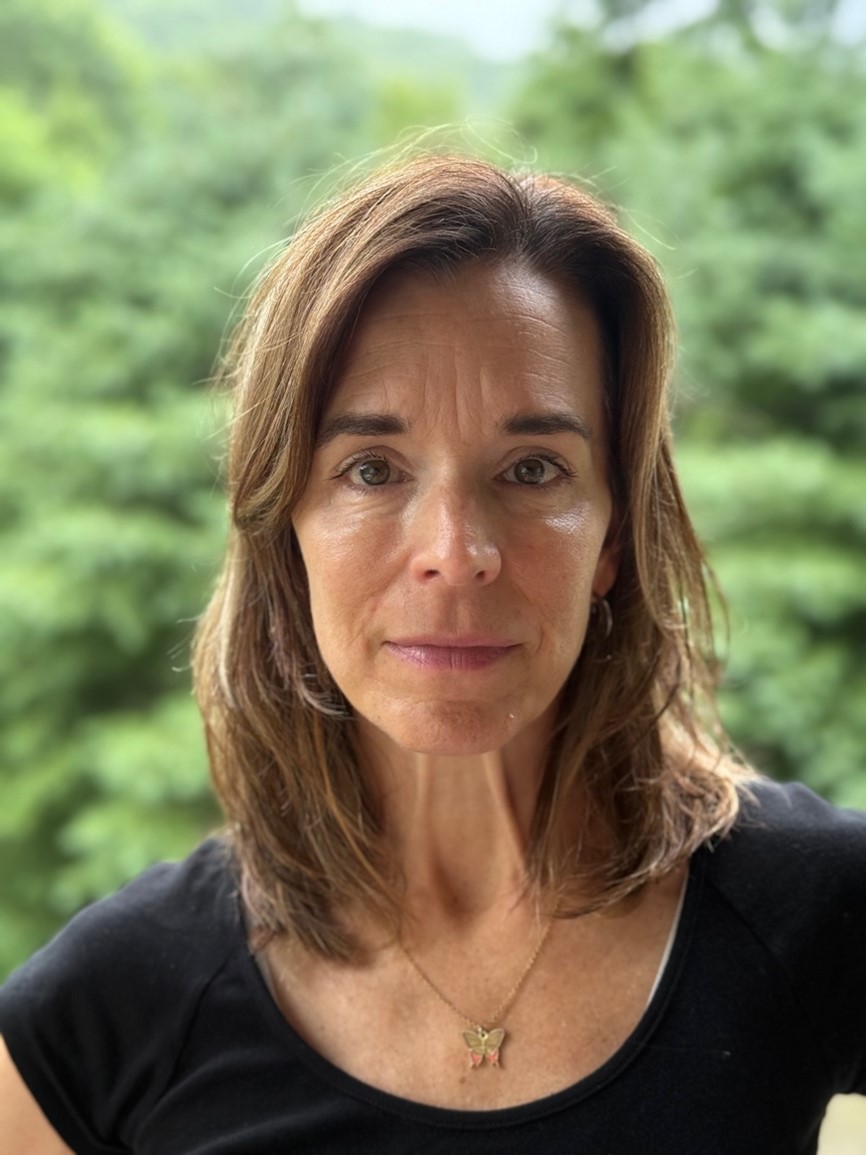
Dana Elizabeth Powell
Taipei Medical University
Dana (she/her) is a Welsh/Irish-descended US citizen, raised in Atlanta, Georgia and currently based in Taiwan, whose work engages questions of environmental and energy technologies in rural (predominantly Indigenous) landscapes, with particular attention to gender, wellbeing, embodiment, and collaborative methodologies. Powell is currently Associate Professor in the Graduate Institute of Medical Humanities and Director of the Center for Humanistic Innovation and Social Engagement, College of Humanities and Social Sciences, Taipei Medical University (TMU) in Taiwan. Powell entered academic work from a prior background in progressive eco-feminist and Indigenous-led philanthropy, endeavors that deeply shape her perspective as a scholar. Prior to joining the faculty at TMU, she was tenured as Associate Professor in the Department of Anthropology at Appalachian State University, North Carolina, USA, where she designed and directed the BA program in Social Practice and Sustainability. Her transnational research agenda engages three rural sites of energy development: the Navajo Nation (U.S.), where she has worked with Diné tribal members and others since 1999; eastern North Carolina, where she has co-developed the Environmental Justice Co-Lab with university- and community-based researchers and environmental defenders since 2020; and Zhouxi Township, Hualien County, Taiwan, where she began collaborative work in 2021, while on a fellowship in the College of Indigenous Studies at National Dong Hwa University. Powell currently directs two environmental health humanities projects funded by Taiwan’s National Science and Technology Council (NSTC) and has received prior support from the US National Science Foundation, Wenner-Gren Foundation for Anthropological Research, and Cornell University Society for the Humanities. Powell resides beside the Pacific Ocean in Hualien City, Taiwan, with her spouse and three children.
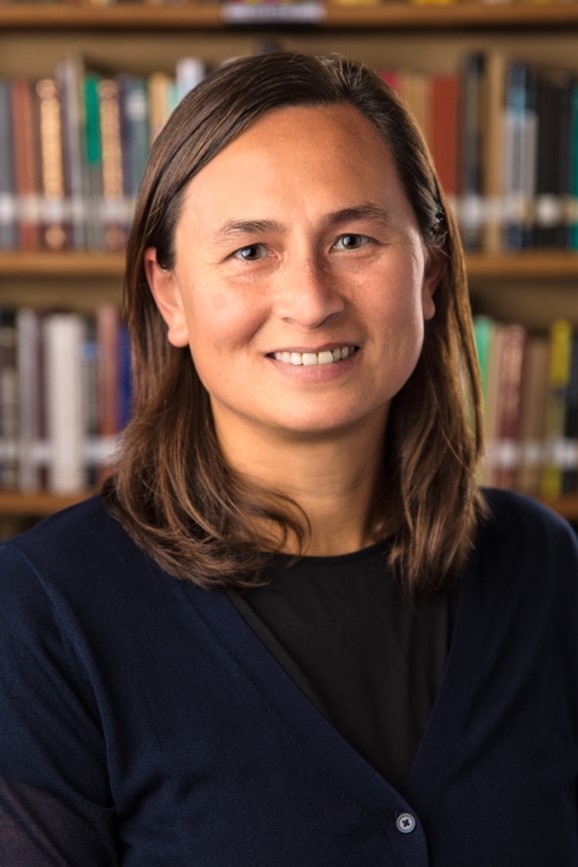
Sonja van Wichelen
University of Sydney
Sonja van Wichelen is Professor of Anthropology and Sociology at the University of Sydney, based in the School for Social and Political Sciences. Trained in the Netherlands, she completed her PhD at the University of Amsterdam in 2007, followed by postdoctoral appointments in the U.S. at Yale and Brown. Since relocating to Australia in 2010, her work has engaged with the cross-disciplinary node of law, life, and science in a globalizing world, with fieldwork spanning sites in both the global North and South. Her current work is a study of bioscience diplomacy and openness in a fractured world—taking Southeast Asia as its focal point. Van Wichelen is the author of Legitimating Life: Adoption in the Age of Globalization and Biotechnology (2019), Religion, Politics and Gender in Indonesia: Disputing the Muslim Body (2010), and, more recently—with Marc de Leeuw—of Biolegality: A Critical Introduction (2024). She is a member of the Editorial Committee of the Annual Review of Anthropology and serves on the editorial boards of Science, Technology & Human Values and Catalyst: Feminism, Theory, Technoscience. Her research has been supported by institutions such as the Institute for Advanced Study in Princeton, where she was a Member in 2020–2021, the Center for the Study of Law and Society at UC-Berkeley where she held a visiting appointment in 2017, and the Centre for Research in the Arts, Social Sciences and Humanities (CRASSH) at the University of Cambridge, where she will be a Visiting Fellow during the 2025 winter term.
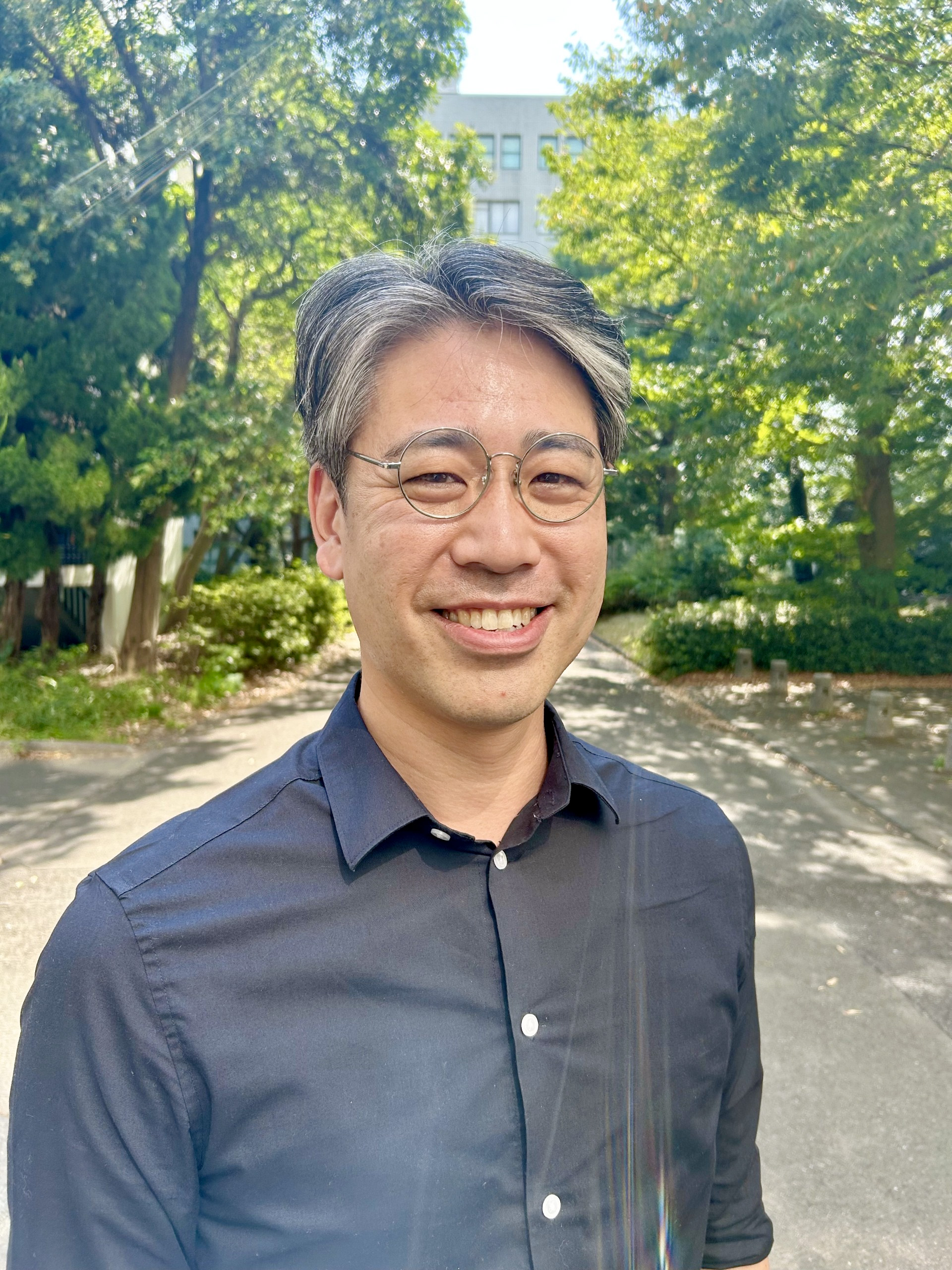
Grant Jun Otsuki
University of Tokyo
Grant (https://www.gjotsuki.net/) is an associate professor of cultural anthropology at the University of Tokyo, Japan. He has a PhD in anthropology (Toronto), and an MS in STS (RPI). Previously, he held positions at the University of Tsukuba (Japan) and Victoria University of Wellington (Aotearoa New Zealand), and served as an associate editor for Engaging Science, Technology and Society. His work is in the anthropology and history of technology. Grant has written about human-machine interfaces and the history of cybernetics in Japan, postcolonial anthropology, translation, and the anthropology of ethics in Japanese and English.
Student Representatives
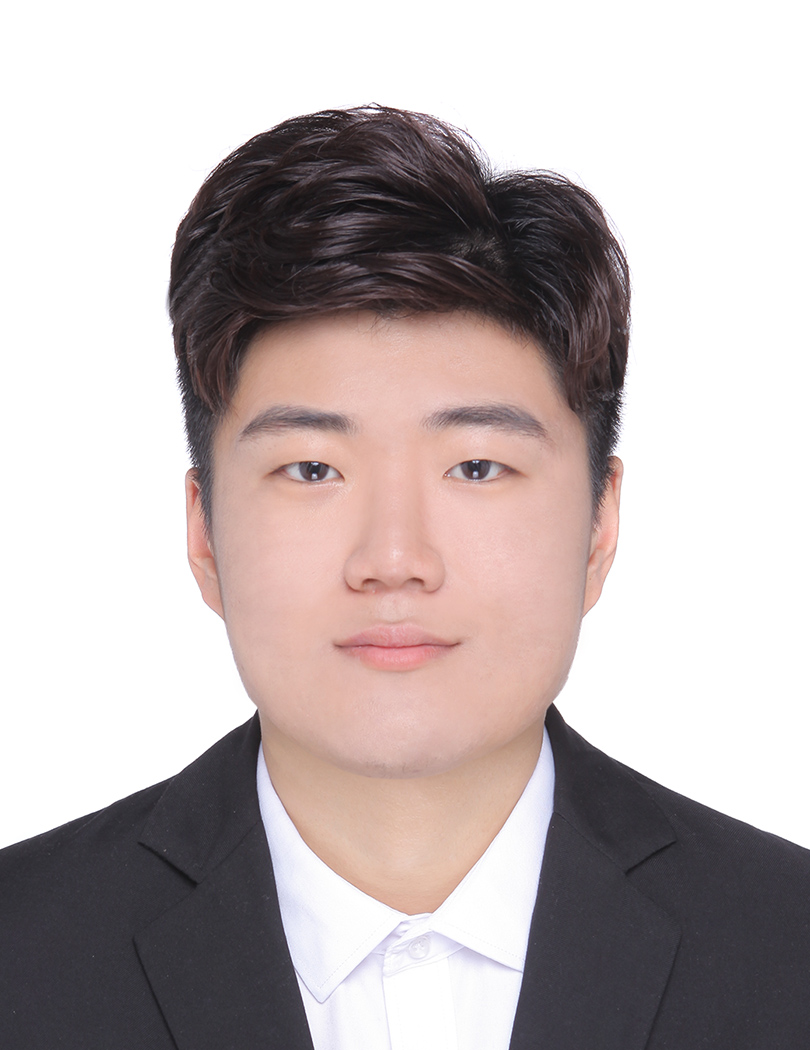
Zhaopeng Li
Fudan University
Zhaopeng Li is a PhD candidate at the School of International Relations and Public Affairs, Fudan University. His research areas encompass S&T diplomacy, interdisciplinary science and policy evaluation. Specifically, his doctoral research focuses on the impact of deteriorating Sino - US relations on bilateral science, technology, and innovation. Combining scientometrics and public policy evaluation methods, the dissertation analyzes the intricately intertwined relationship among science, politics and diplomacy. Prior to the doctoral stage, Zhaopeng was among the very first batch of outstanding undergraduates selected into Elite Ph.D. Program of Fudan University initiated in 2020. And he obtained a Bachelor's degree in Public Administration from Fudan University in 2021.
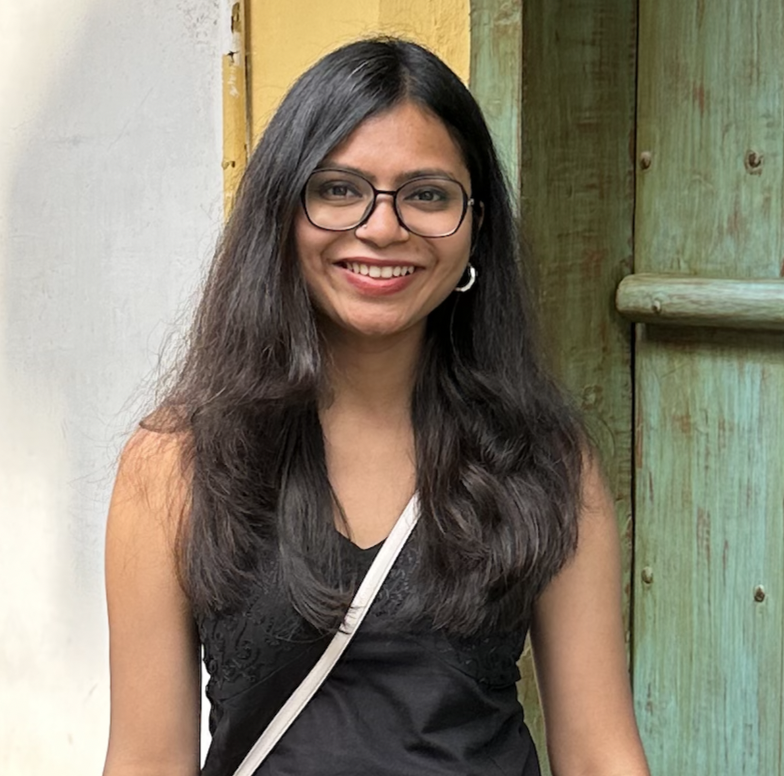
Upali Bhattacharya
Virginia Tech
Upali Bhattacharya is a Doctoral Candidate in the Department of Sociology at Virginia Tech, focusing on the intersection of education technology and social inequality, particularly in the context of India. Her dissertation explores the complexities of Ed-Tech adoption and its impact on students and teachers in New Delhi. Having recently completed her fieldwork, Upali is now in the data analysis stage of her research.
Throughout her academic journey, Upali has demonstrated a strong commitment to teaching, with experience in courses such as introductory sociology, women’s and gender studies, and sociological theory. Her approach emphasizes creating inclusive and engaging learning environments. Prior to her doctoral studies, Upali worked in the social impact and development sector in India, contributing to higher education policy and education technology initiatives.
Upali holds a Master of Arts in Sociology from the Delhi School of Economics, University of Delhi. Her professional experience also includes roles such as Program Management and Student Outreach Consultant at the University of Chicago Center in Delhi, where she managed educational programs and outreach strategies. Additionally, she has been involved in policy consulting for the Leadership for Academicians Program at Tata Institute of Social Sciences, focusing on higher education policy development. Her research interests span across sociology of education, digital technologies, social inequality, women’s and gender studies, and political sociology.
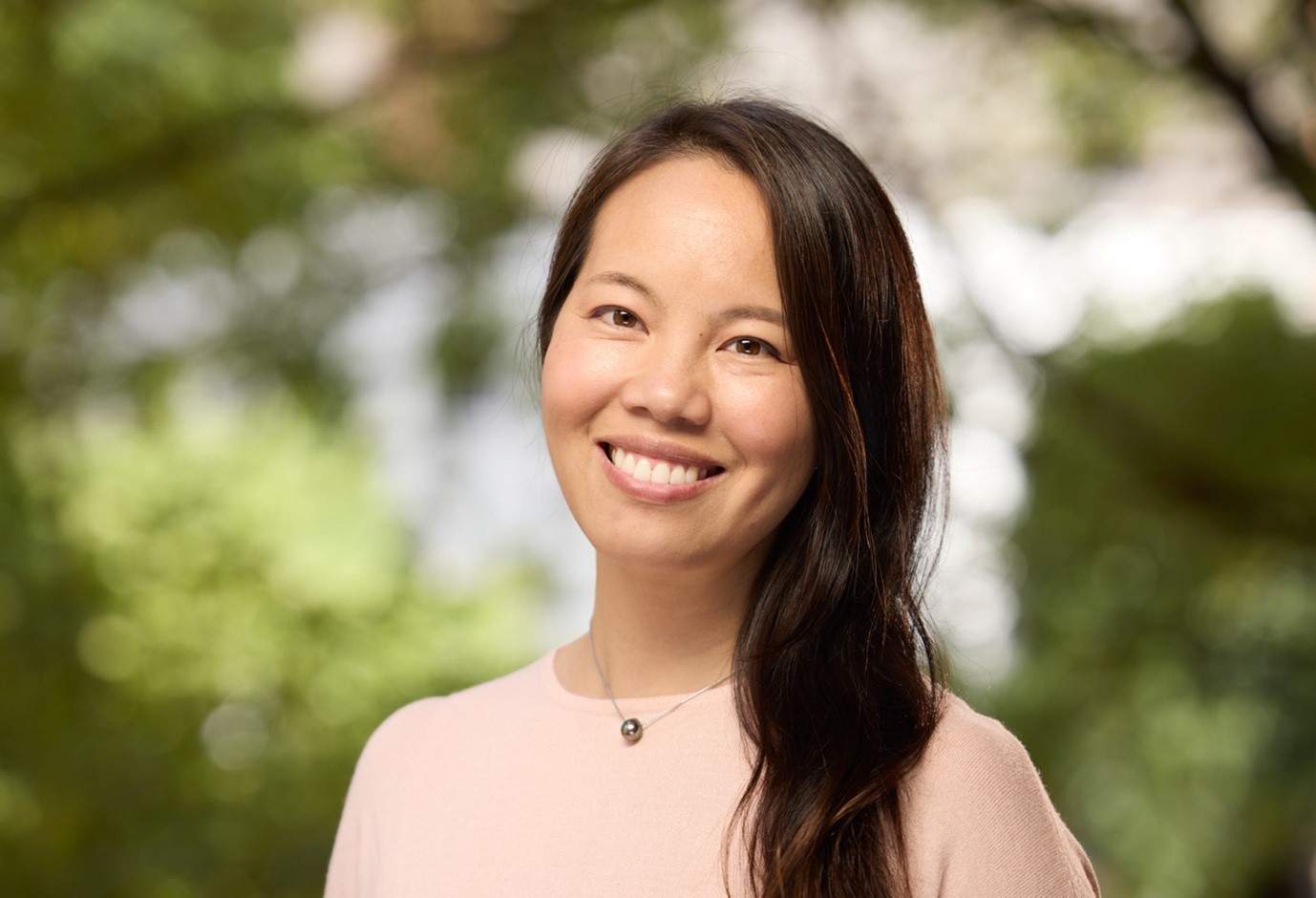
Vivian Giang
MacEwan University
A researcher, educator and communicator, Vivian Giang is a National Geographic Explorer passionate about engaging with people and communities. She is an assistant professor of communications for the Faculty of Fine Arts & Communications at MacEwan University in Edmonton, Canada, and is pursuing interdisciplinary doctoral studies in anthropology and engineering through the University of Alberta’s Future Energy Systems research initiative. Her doctoral research aims to inform and develop equitable community engagement processes and communication frameworks for approaching renewable energy development responsibly and sustainably while respecting Indigenous rights. Her studies have been supported by Canada Graduate Scholarships from the Social Sciences and Humanities Research Council, and she completed her Fulbright Scholarship at the University of Hawai‘i at Mānoa. Vivian's involvement with the National Geographic Society includes funded projects “New approaches to communities, communication and consultation on geothermal energy development on Indigenous lands” (2022) and “The Red Road to Black Hills” (2025). She also participated in the Explorer–Educator Exchange program in 2024 to develop learning solutions for elementary-aged youth to explore their relationship with water and how water contributes to quality of life. Through encouraging herself and others to explore through research, education and storytelling, Vivian aims to increase the interconnections between people, human histories and cultures and the natural world.
